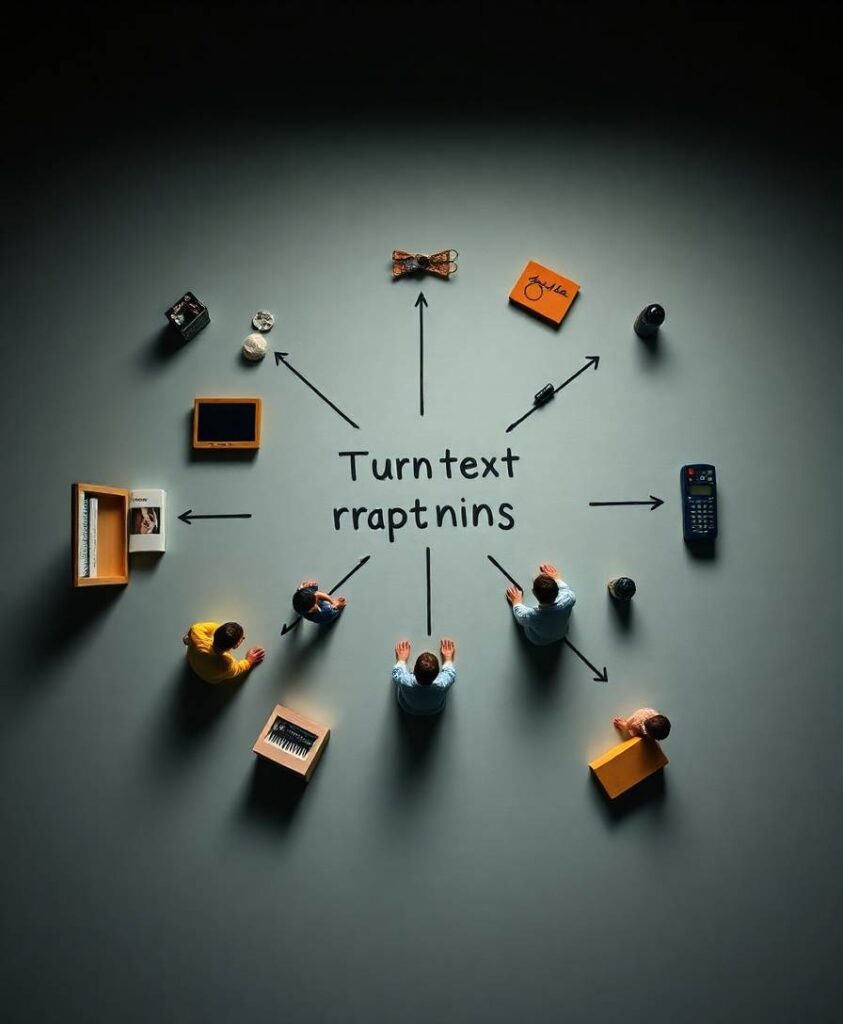Understanding the limits of young working memory changes how caregivers, teachers, and designers of learning spaces respond. Small adjustments—shorter tasks, clearer signals about what matters now, and environments with fewer competing triggers—can align expectations with a child’s cognitive skills rather than with adult norms. These approaches build confidence and create opportunities for skills to grow without turning everyday moments into tests of self-control.

The study opens doors to thinking about inclusion and growth across ages and abilities. If working memory is a bottleneck, we can explore targeted supports and activities that scaffold attention and memory rather than penalize lapses. Read the full article to see how the findings link to practices that nurture potential and to discover which simple strategies might help a child stay engaged and learn more deeply.
Kids are known for jumping from one thing to the next, even when they’re supposed to stay focused, but a new study suggests that behavior doesn’t owe to curiosity alone. Scientists say children’s working memory just isn’t developed enough to help them stay locked in on a…

